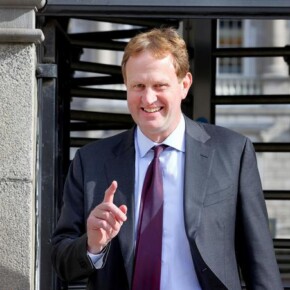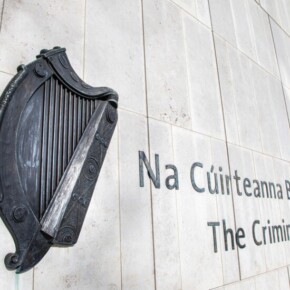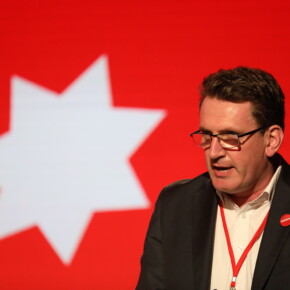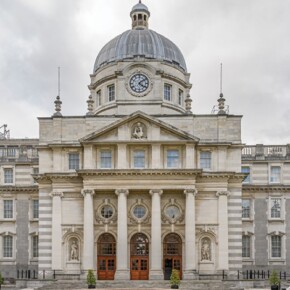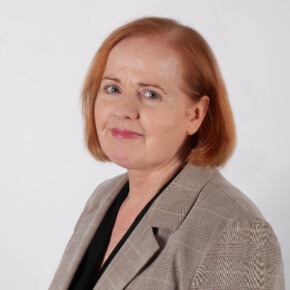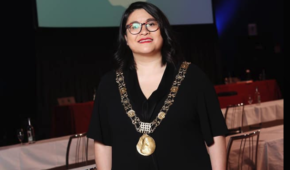Northsiders plan Seanad bids
Mike Finnerty 08 Jan 2025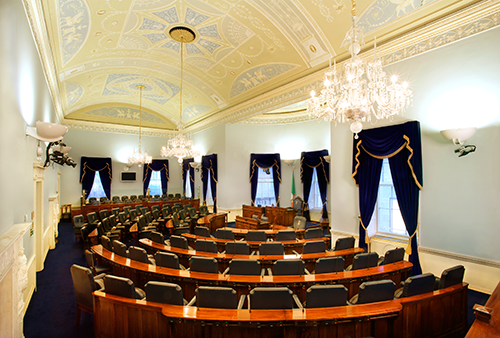
A number of prominent Northside politicians are running for the Seanad.
Outgoing Northside Senators, such as Tom Clonan, Mary Fitzpatrick and Lorraine Clifford-Lee, will be running this month’s Seanad elections and will be joined by newcomers.
Fine Gael’s Alan Farrell, one of Fine Gael’s major casualties in November’s general election, was made a Senator in the immediate aftermath of losing his Dáil seat while the Social Democrats’ two coastal councillors (Joan Hopkins and Paul Mulville) are also attempting to become their parties’ first-ever Senators.
Former journalist and disability advocate Clonan won a seat in the 2022 Seanad by-election seeing off competition from fellow independent candidates Hugo MacNeill and Maureen Gaffney.
Clonan’s seat is one of the most “democratic” and open seats in all of the Seanad as it is part of the Dublin University constituency.
Only those who have graduated from Trinity College are eligible to vote on the ballot, which is a three-seater.
2020’s Seanad election in that particular constituency saw a turnout of just 23%.
A 2024 High Court ruling stated that graduates of all third-level institutions in Ireland, not just those who have graduated from Trinity College or the National University of Ireland Colleges (UCD, Galway, Cork and Maynooth) should be allowed to vote in Seanad elections.
From 2029 onwards, a new five-seater University constituency will see all third-level graduates in Ireland eligible to vote.
Despite this, just five of the 60 seats up for grabs in the Seanad will be available to a section of the general public.
10 of the 60 seats are picks of the Taoiseach (widely expected to be Micheál Martin) while the remaining seats are split into different constituencies voted on by elected representatives.
Fianna Fáil’s Mary Fitzpatrick, who fell short in her fifth bid for a Dáil seat in Dublin Central, will be running in the Industrial and Commerical Panel.
Fitzpatrick was one of the Taoiseach’s Seanad picks in 2020 but will have to face the wider “electorate” again this month.
Fine Gael man Farrell will be contesting the election in the Industrial and Commerical panel after losing his seat in Dublin Fingal East in November’s general election.
Farrell’s loss was one of Fine Gael’s most high-profile losses on the day, with a stronger-than-expected vote for Labour’s Duncan Smith and strong transfers for Sinn Féin’s Ann Graves enough to knock Farrell out of the race.
Farrell’s coalition colleague, outgoing Minister for Housing Darragh O’Brien, topped the poll in the three-seater.
The two Fingal constituencies were a Yankee Swap of misery for both Fianna Fáil and Fine Gael; of the six seats up for grabs across Fingal, the coalition won two seats.
Sinn Féin and Labour both secured two apiece.
O’Brien was Fianna Fáil’s success story in Fingal East but out in Fingal West, outgoing Senator Lorraine Clifford-Lee was unable to win a seat in the three-seater.
Instead, it was Fine Gael’s Grace Boland who won the day for the coalition, with Sinn Féin’s Louise O’Reilly comfortably topping the poll and Labour’s Robert O’Donoghue bolstering Labour’s numbers on the Northside.
Clifford-Lee was first elected to the Seanad in 2016 to the Cultural and Education panel, was a Taoiseach pick in 2020, and will be fighting for a seat once again in the Cultural and Education panel in 2025.
Neither Sinn Féin (who are running six candidates including former TD Chris Andrews) or Labour (who are running four candidates) are running Northsiders for the Seanad, but the Social Democrats are.
Councillors Joan Hopkins (who played a major part in shaping the election race in Dublin Fingal East) and Paul Mulville are among those aiming to become the Soc Dems’ first Seanad representation.
Hopkins, who topped the poll in last year’s local elections in Howth-Malahide, will contend the Industrial and Commerical Panel marking a re-match against Farrell.
Mulville will contend the University constituency where he faces competition in the form of former Green Minister Ossian Smyth, former Lord Mayor of Dublin Hazel Chu, and independent heavyweights such as Lynn Ruane, Katherine Zappone and Hugo Macneill.
Mulville was among those elected in Rush-Lusk last year’s council elections.
June’s 2024 council elections, as well as November’s general election, will play a major part in the composition of the Seanad.
With six Senators picked by university graduates and 10 picked by the Taoiseach, the remaining 44 are picked by TDs, county councillors and former Seanad members.
Fianna Fáil were the biggest party at a local level across Ireland following last June’s local elections, going from 279 councillors to 248 but still emerging as the largest party.
Gaining 10 TDs in November’s general election gives Fianna Fáil greater voting power in the Seanad, however.
Fine Gael went from 255 councillors to 245 but gained three TDs in November’s election, strengthening their hand too (and most likely giving transfers to Fianna Fáil candidates in the Seanad process).
Sinn Féin going from 81 to 102 councillors, as well as gaining two new TDs is also likely to help Sinn Féin as they look to boost their Seanad numbers.
The addition of Stormont finance minister Conor Murphy to their Seanad ticket is sure to add star power to their Seanad bid.
For smaller parties such as the Social Democrats, who went from six TDs and 19 councillors to 11 TDs and 35 councillors in 2024, last year’s gains could be the difference between them having a voice in the Seanad or not.
The Greens are not likely to feature much in the Seanad as their electoral power has been greatly weakened – heading into the 2020 Seanad election the party had 49 councillors and 12 TDs and now have just 23 councillors and one mere TD to their name this January.
The 2025 Seanad election will be held over January 29 and 30.


